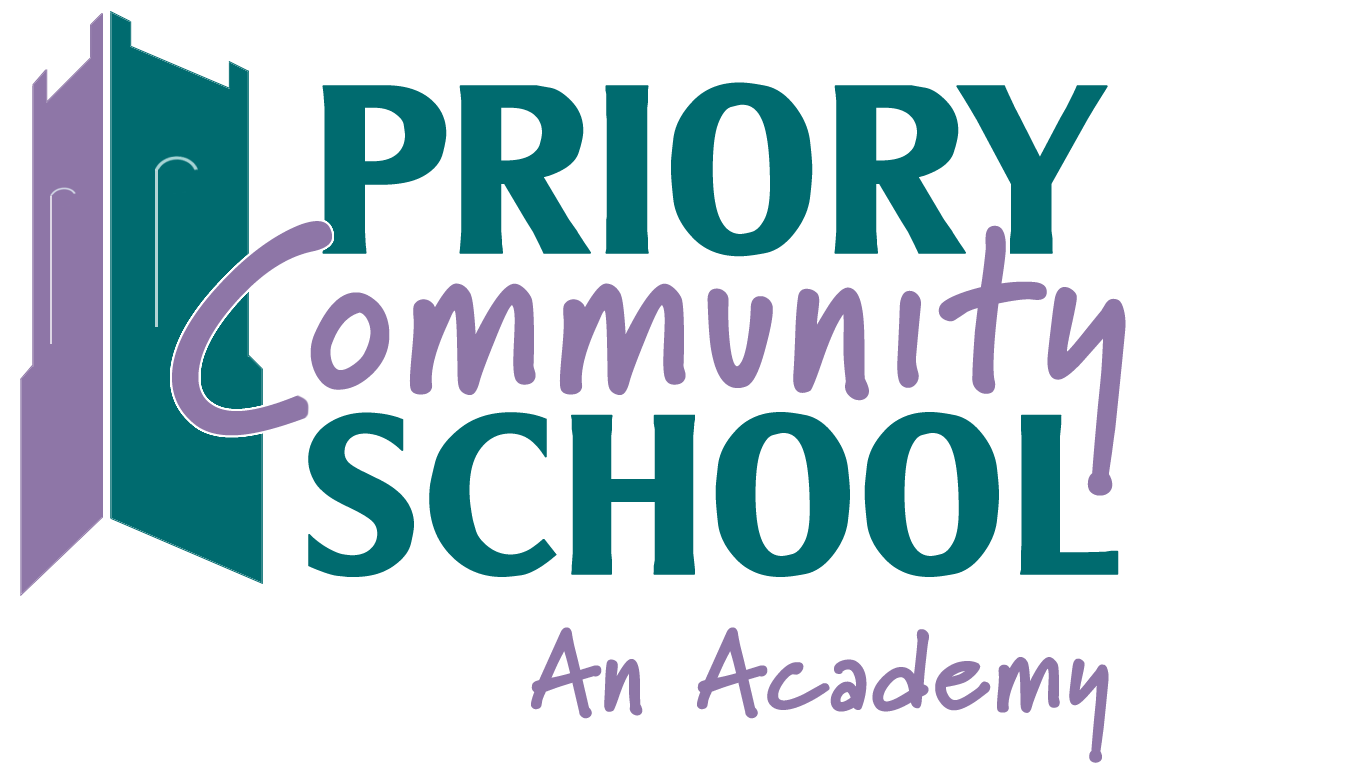GEOGRAPHY
Our big ideas in Geography are:
Click here for details on the Big Ideas.
See below for the Geography Learning Journey from Year 7 to Year 11 and the overviews for each Learning Cycle. They explain our planned curriculum of what students are expected to learn.
Geography Curriculum and Assessment Calendar - Year 10 & Year 11
Click HERE to enlarge image
You can find our Geography KS3 knowledge organisers and support with KS3 home learning here.
The key contact for this subject is Mrs K Empson - Head of Geography (kate.empson@pcsa.theplt.org.uk)
For more information about KS4 revision and study support visit our pages on revision and Prep for Success.
Preparing for KS4 study (GCSE and vocational qualifications in years 10 and 11)? Click here for information about the Year 9 Options Process.
To find out more about our careers provision, visit the careers webpage.
Year 7 Learning Cycles
What is
geography and
how can we be
good
geographers?
• Human and physical geography
• Locational knowledge
• Investigating places at a variety of scales
• Map skills
How and why is the UK changing
• How and why the UK is changing
• The physical and human geography of the UK
Is it
possible to
survive in
hostile
environments?
• The location of different global biomes.
• The characteristics and features of polar and hot desert biomes.
• How and why these biomes are under threat
How does water shape the land?
• Geomorphic processes and how these have created unique landforms (river, coastal and glacial)
• How these physical changes can have social, environmental and economic impacts.
Year 8 Learning Cycles
Why are some countries more developed than others?
• Why some countries are less developed than others.
• How countries can be classified and development indicators.
• The reasons for uneven development
How and why is Africa a diverse continent?
• The physical and human geography of Africa.
• Challenging the misconception that Africa is ‘one place’ and exploring the diversity of African countries and people
Why are
tropical
storms so
deadly?
• Natural hazards with a particular focus on tropical storms.
• The physical processes that led to the formation of tropical storms.
What
opportunities
and
challenges
does Asia
face?
• The physical and human geography of Asia.
• The opportunities and challenges found within this continent.
Year 9 Learning Cycles
Are resources a blessing or a curse?
• Renewable and non-renewable resources.
• Using case studies to explore how people and countries use resources to meet their needs.
Why
are some
V&E more
deadly than
others?
• Natural hazards with a particular focus on tectonic hazards.
• The physical processes that led to the formation of earthquakes, volcanoes and tsunami’s.
How
are human
actions
damaging the
planet?
• Using examples and case studies to explore the impact humans are having on the physical world.
• Becoming well-rounded and more informed citizens.
Is the
geography of
Russia a
benefit or
curse?
• The physical and human geography of Russia.
• Evaluating the opportunities and challenges this geography creates for the country.
Year 10 Learning Cycles
The
Challenge
of Natural
Hazards
• The tectonic and climatic processes that are occurring in the physical world.
• How humans are affected by these physical processes.
The Living World
• The components, processes and interactions that shape the living world.
• In-depth study of both the Tropical Rainforest and Hot Deserts biomes.
The
Challenge of
resource
management
• The challenges & opportunities that the supply and demand of these resources creates in different areas of the world focussing particularly on food.
Physical
Landscapes
in the UK
• The geomorphic processes that influence both river and coastal landscapes.
• The interrelationships between the physical and human world examining issues such as flooding and coastal erosion.
Year 11 Learning Cycles
Urban issues and Challenges
• The process and patterns of urbanisation.
• The differences between NEEs and HICs and how urban planning can manage these changes.
The changing economic world
• The global variations in economic development and quality of life.
• Strategies for reducing the development gap.
Human
Fieldwork,
Pre-release
and revision
Investigating urban regeneration in Bristol



















